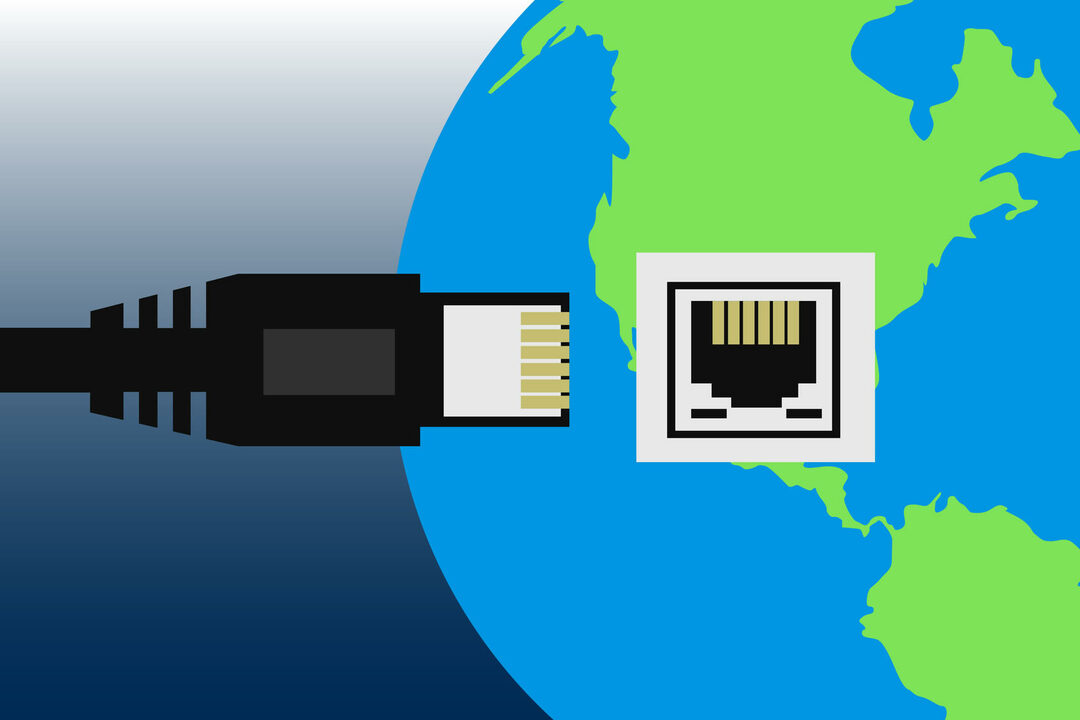Critical Essay on Social Networks
Miscellanea / / December 31, 2021
Critical Essay on Social Networks
Social networks and infodemic: kill the messenger
In the framework of the COVID-19 pandemic that took place at the beginning of the 21st century, the World Health Organization coined a necessary term to describe the chaotic and harmful flow of conspiracy content on social media and services of content transmission.
This new term comes to give a name to a problem that has existed for a long time, but has reached its greatest dimensions in the context of the health crisis, especially in the emergence of minorities organized for the repudiation of the vaccination. But the virus of conspiracy and junk content, designed to capture the attention of the public in the worst possible way. Internet user, has been circulating on social networks for a few years now, without anyone ever raising the voice to report it.
In principle, this tolerance or even complicity of Business of social networks with this type of content is due to the fact that there had been no opportunities to verify what, however, to anyone who paid attention would have been clear: that these contents exert a radicalizing effect on important segments of the
population, and pushes them towards positions close to paranoia, hatred and intolerance.Many times, the effects of these contents occur through harmless input contents, protected by freedom of expression and the apparent Liberty to choose their own content. I say "apparent" because such freedom does not exist: a programming algorithm chooses for us and bombards us with recommendations that, although not are mandatory, obscure any other content that may provide a different point of view, and push us more and more towards the extremes. And I say "harmless to begin with" because as this radicalization process takes place, the user of social networks becomes is becoming more and more susceptible to positions and ideologies that are relevant, in the worst way, for healthy coexistence and the democracy.
The danger of junk content
Almost all conspiracy content is designed and structured to satisfy a human instinct: curiosity, curiosity, a fascination for the strange and the new. Many of those who access a video about flat Earth (the belief that the Earth is flat and there is a conspiracy to hide it) do so with a certain healthy skepticism, but seduced by the possibility of being convinced.
But what many fail to see, however, is that the flat-Earth narrative is not exclusively about the planet is flat or round but that there is a conspiracy trying to distance us from the truth.
The flat-earth creed contains the conviction that, simply by observing a video of ten minutes, or two or three, is being “investigated”, that is, progress is being made towards the discovery of a truth. And this is a problem in several ways: on the one hand, because it fosters the culture of anti-scientificism, spreads ignorance and artificially feeds the victim's ego, who will henceforth defend tooth and nail the contents of his "discovery".
The other basic problem
To all of the above must be added the dilemmas inherent to the social media format: addiction and the lack of content regulation. This is not only concerning insofar as they keep people continually exposed (on the ubiquitous cell phone screen) to the toxic content, which in itself is already a problem, but also because there is no one to claim before the spread of similar contents.
The social media company, for example, tends to wash its hands with the argument of freedom of expression: it is its users, not its employees, who generate and disseminate this content. They simply serve as intermediaries, as messengers. And it is in bad taste to kill the messenger. In addition, content on social networks tends to be anonymous, so there is no specific user to bring to justice; at most an account can be closed, forcing the user to open a new one to resume their harmful behavior.
Due to the disastrous consequences that their algorithms have had in the handling of private data, these companies have promised to take Letters on the subject: reducing the frequency with which this content is promoted, adding warnings to potentially harmful content, or even provide information regarding help lines in case a user thinks that a contact of theirs may need a cable to Earth. But it remains to be seen the effectiveness of such measures, as well as the degree of responsibility that these companies are willing to assume regarding the role that their services play within society.
References:
- "Essay" in Wikipedia.
- "Social network service" in Wikipedia.
- "Trapped in social networks" in Critical Magazine.
- "The impact of social networks on young people" in Andrómaco Laboratories.
- "The risks of social networks in the mental health of adolescents" in HEADLIGHTS.
What is an essay?
The rehearsal is a literary genre whose text is characterized by being written in prose and by addressing a specific topic freely, making use of the arguments and appreciations of the author, as well as the literary and poetic resources that allow to embellish the work and enhance its features aesthetic. It is considered a genre born in the European Renaissance, fruit, above all, from the pen of the French writer Michel de Montaigne (1533-1592), and that over the centuries it has become the most used format to express ideas in a structured, didactic and formal.
Follow with:



